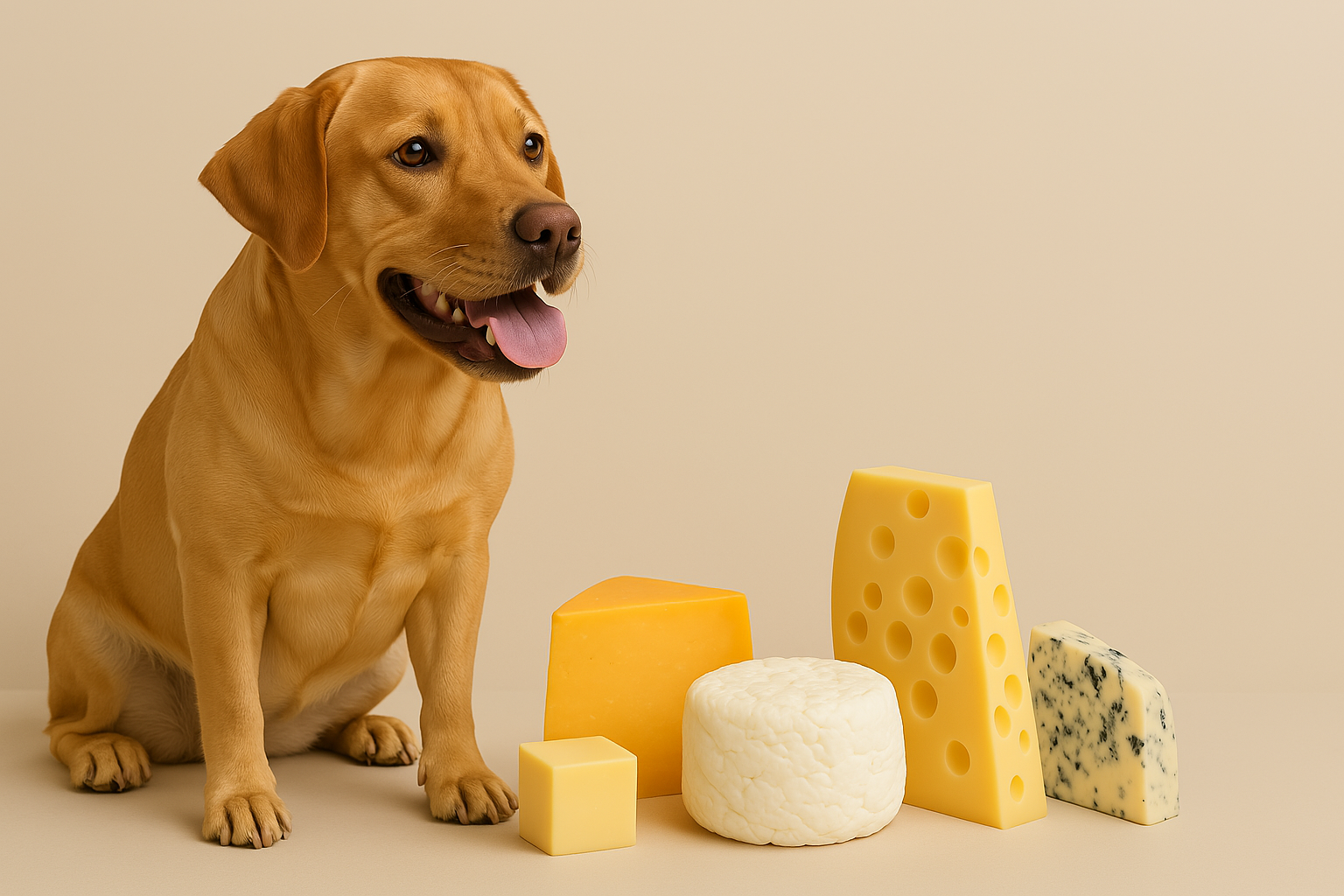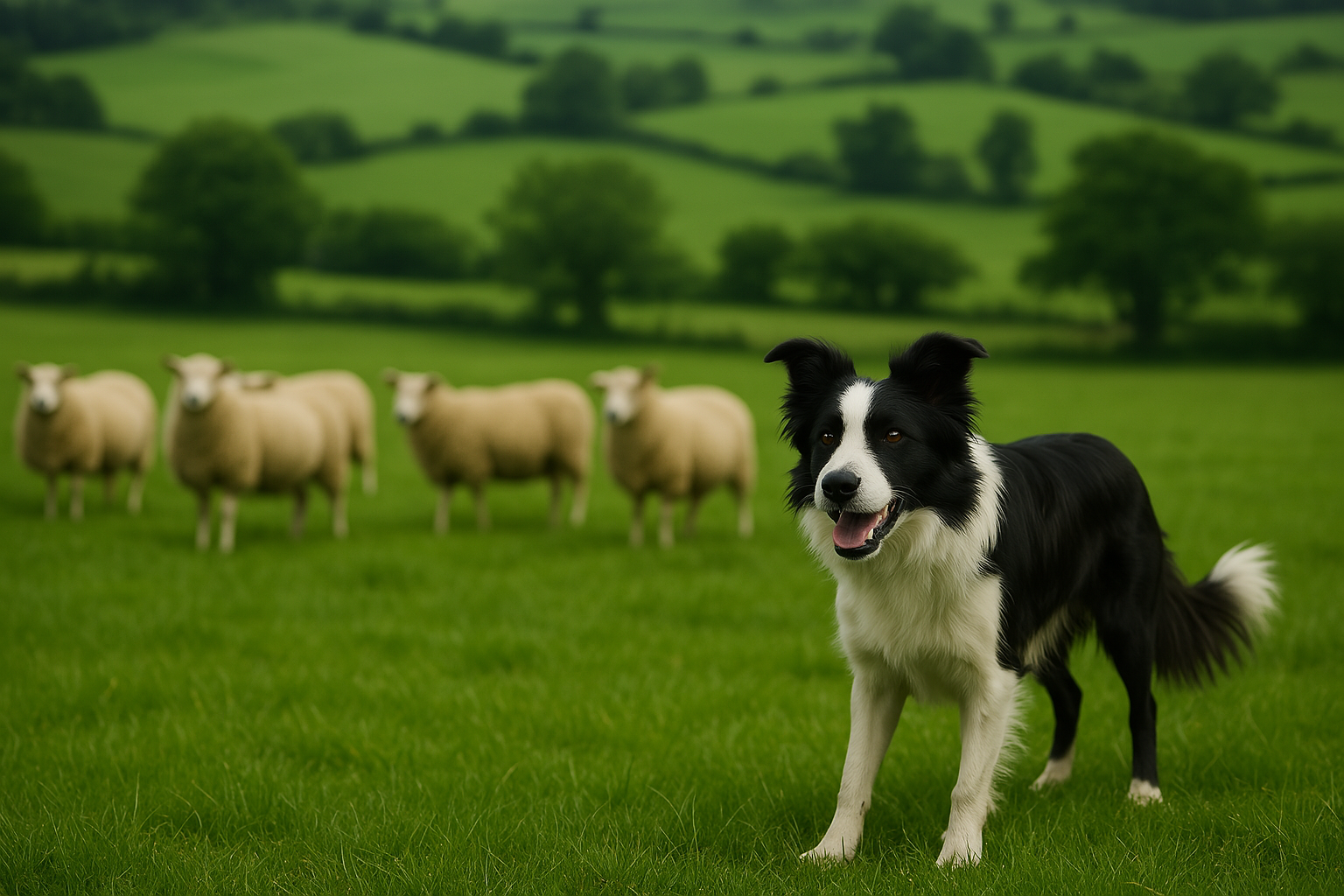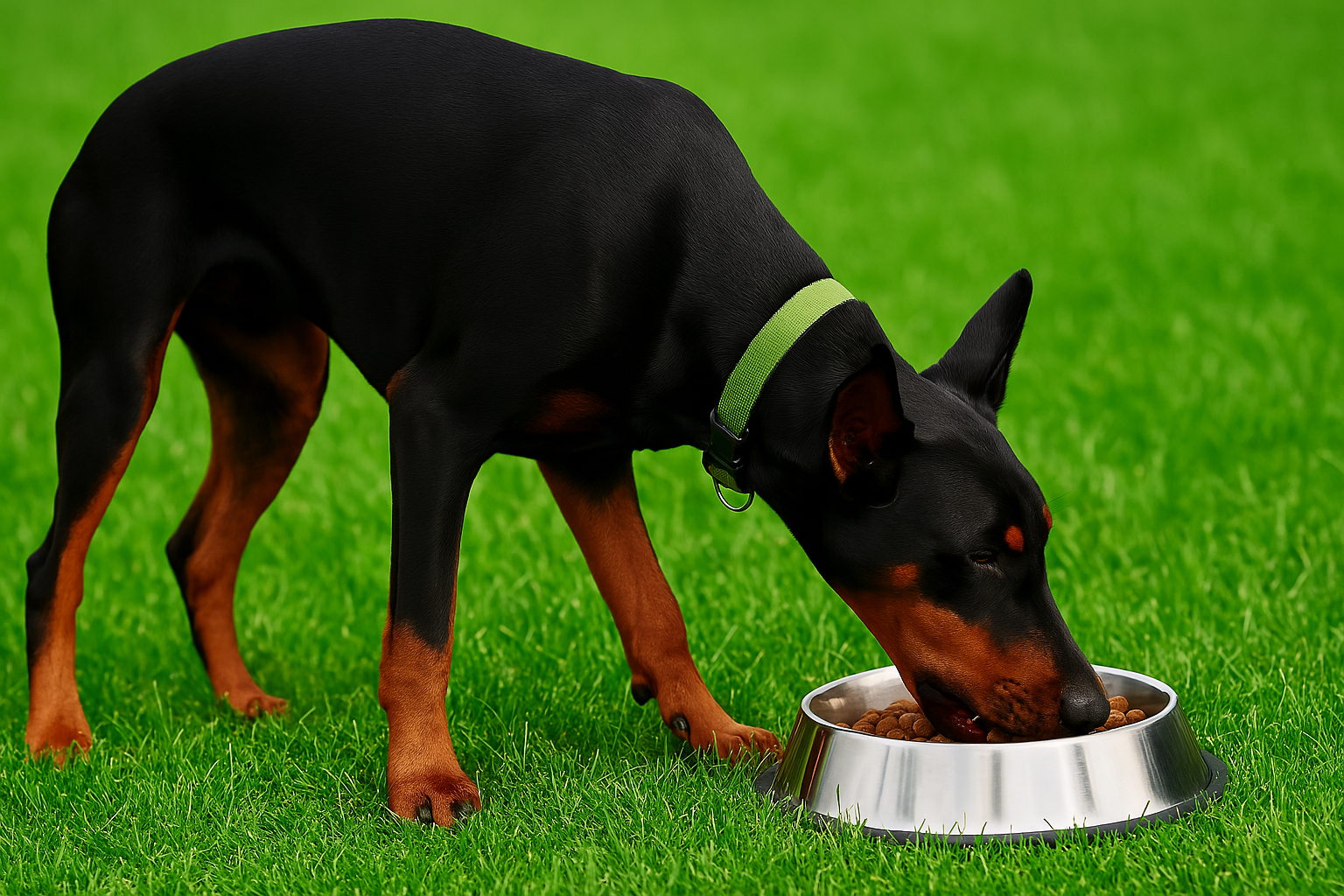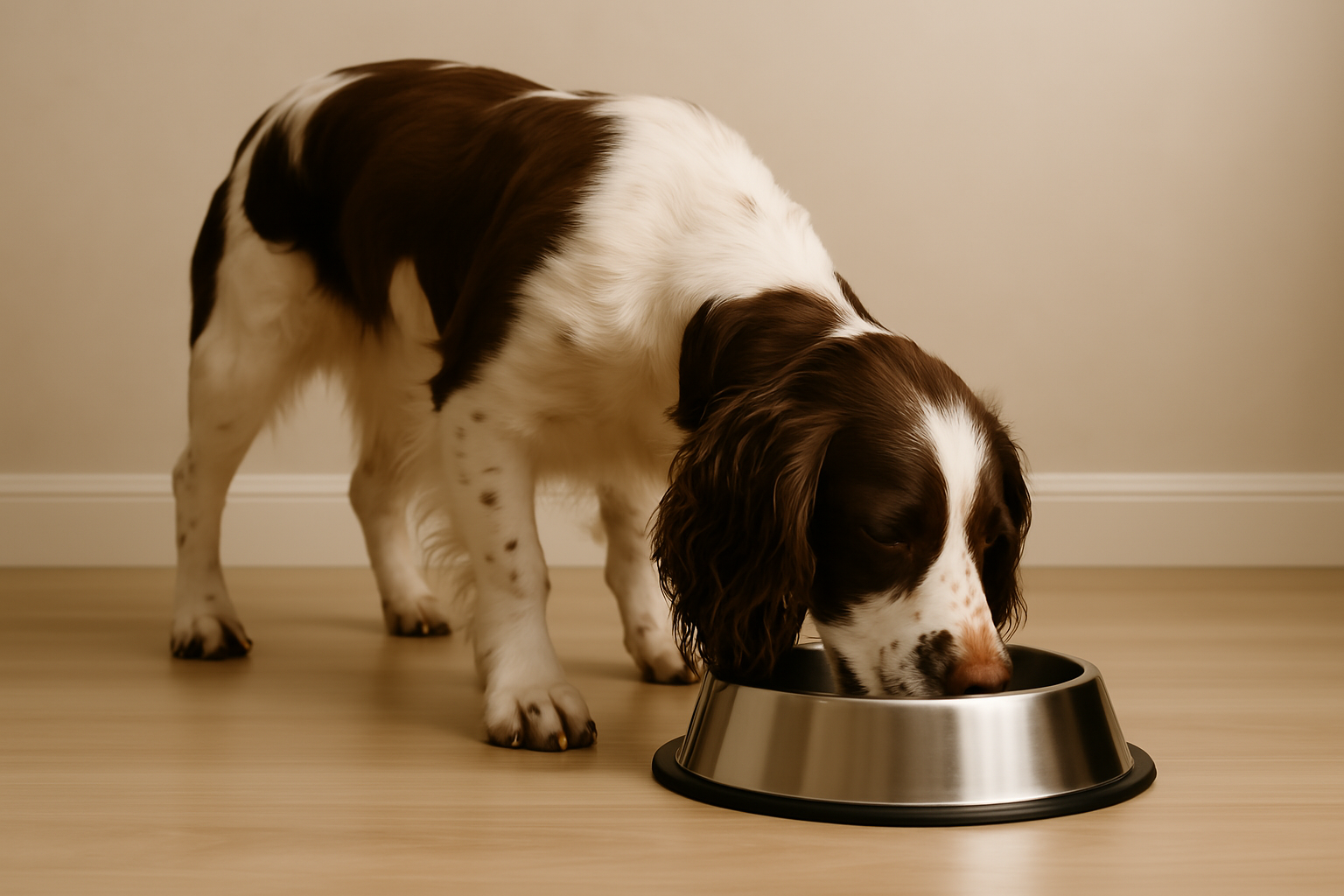
Can Dogs Eat Cheese?
Cheese can be a delightful treat for dogs, but moderation is key.
Many pups love its rich taste and creamy texture, making it an appealing snack or training reward. However, some dogs struggle to digest dairy due to lactose intolerance, which can cause bloating, diarrhoea, gas, or stomach discomfort. Additionally, cheese is high in fat and calories, meaning frequent consumption could lead to weight gain, obesity, or even pancreatitis a painful inflammation of the pancreas. While cheese can be handy for training or disguising medication, it’s best treated as an occasional snack rather than a dietary staple.
How Much Cheese Is Safe for Dogs?
The amount of cheese a dog can tolerate depends on factors like breed, size, and dietary sensitivities. A few small bites are usually safe, but excessive amounts can trigger digestive issues or serious conditions. Puppies and senior dogs may be more sensitive to dairy, making small portions even more important. If introducing cheese into your dog's diet, start with tiny portions and monitor for any adverse reactions, such as vomiting, diarrhoea, or excessive gas. Any discomfort indicates that cheese should be removed from their diet. Furthermore, dogs with pre-existing health conditions like diabetes or pancreatitis should avoid cheese entirely due to its high fat and sugar content.
Cheese That Can Be Harmful to Dogs
Not all cheese varieties are safe!
-
Blue cheese contains mould that produces toxins, which can be dangerous for pets.
-
Highly processed cheeses, including spreads and flavoured varieties, often contain excessive salt, preservatives, and artificial additives that could harm dogs.
-
Cheeses infused with onions, garlic, or spices should always be avoided, as these ingredients are toxic to dogs and can cause serious health issues.
Safe Cheese Options for Dogs
If you want to give your dog cheese, opt for low-fat, plain varieties that are easier to digest. Some of the safest options include:
✅ Mozzarella – Mild and lower in fat compared to other cheeses.
✅ Cottage cheese – High in protein and relatively low in lactose.
✅ Plain cheddar – Avoid sharp or extra-aged cheddar varieties, as they contain higher fat.
Always introduce cheese gradually, offering only small portions to see how your dog reacts. A tiny cube as an occasional reward or training treat is safe for most dogs, but regular feeding should be avoided. By selecting safe cheeses and keeping portions small, you can provide your furry friend with a tasty treat without compromising their health.
FAQ
Can dogs eat cheese every day? It’s not recommended. Cheese is high in fat and calories, so frequent feeding can contribute to obesity and digestive issues.
What cheeses are safest for dogs? Low-fat, plain cheeses like mozzarella or cottage cheese are good options. Avoid processed or flavoured cheeses with added ingredients.
How do I know if my dog is lactose intolerant? If your dog experiences diarrhoea, gas, or vomiting after eating dairy, they may be lactose intolerant. Try lactose-free options or avoid cheese altogether.
Can cheese cause pancreatitis in dogs? Yes, especially if fed in large amounts. High-fat foods, including cheese, can trigger pancreatitis in susceptible dogs.
Are cheese-flavoured treats safer than real cheese? It depends. Some cheese-flavoured treats are formulated for dogs, but always check ingredient labels for harmful additives like excessive salt or artificial flavours.








